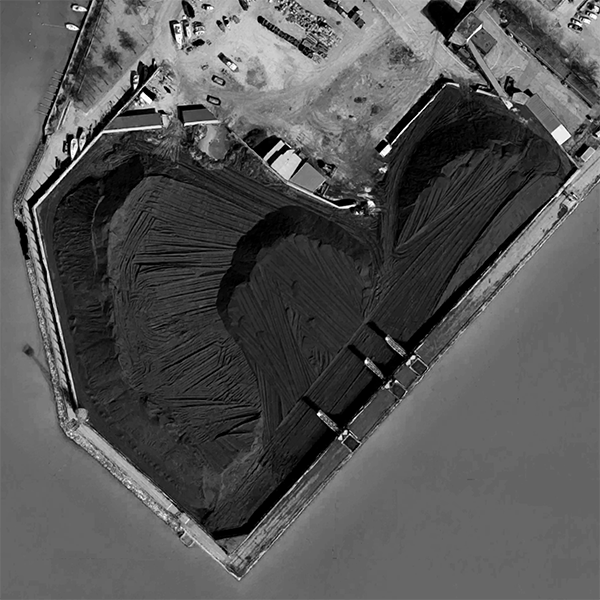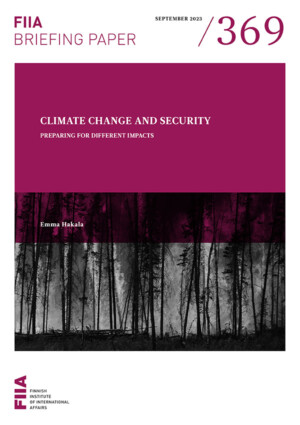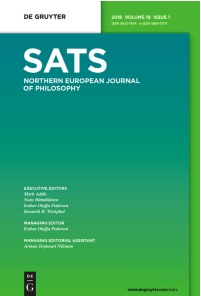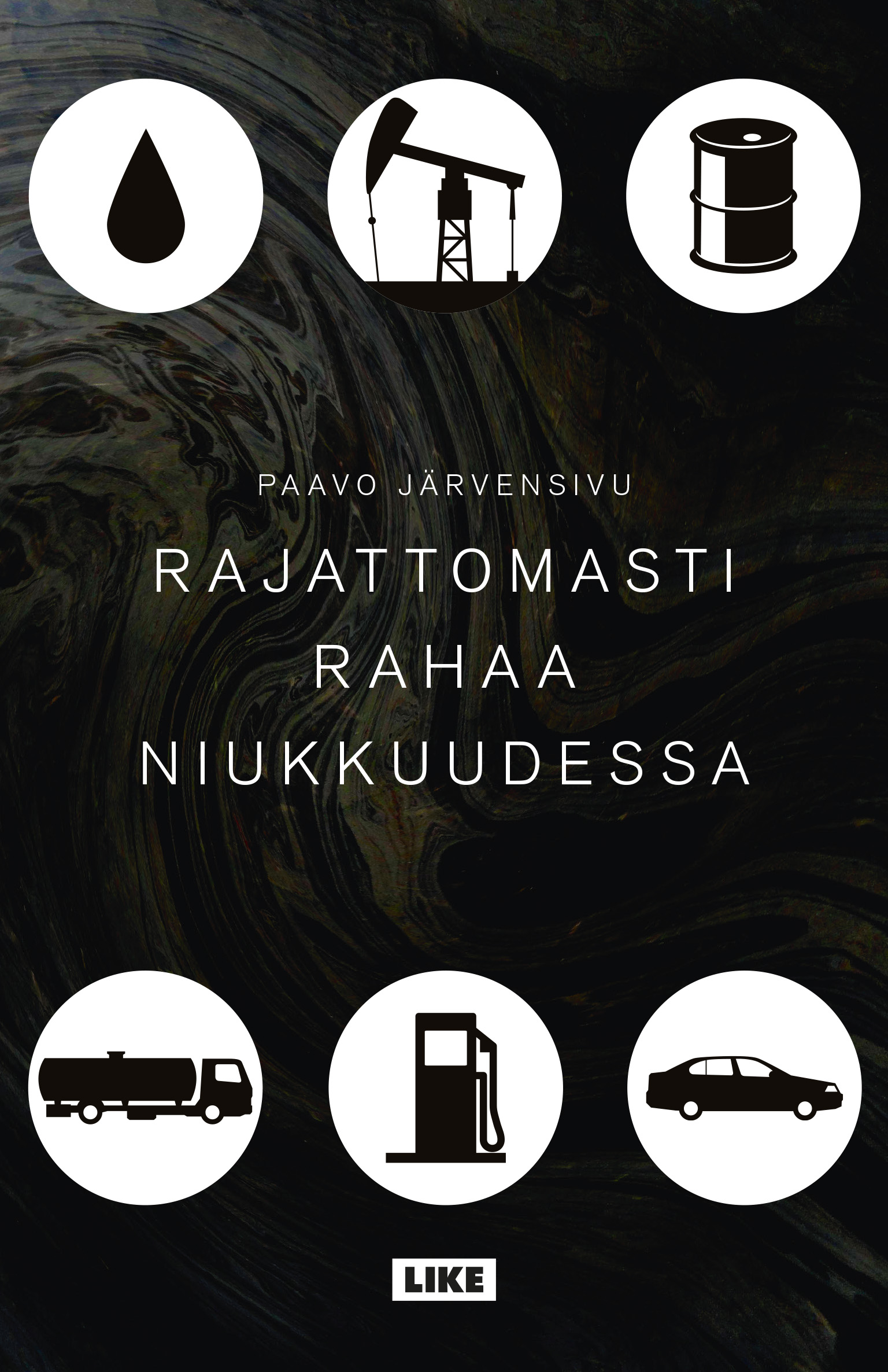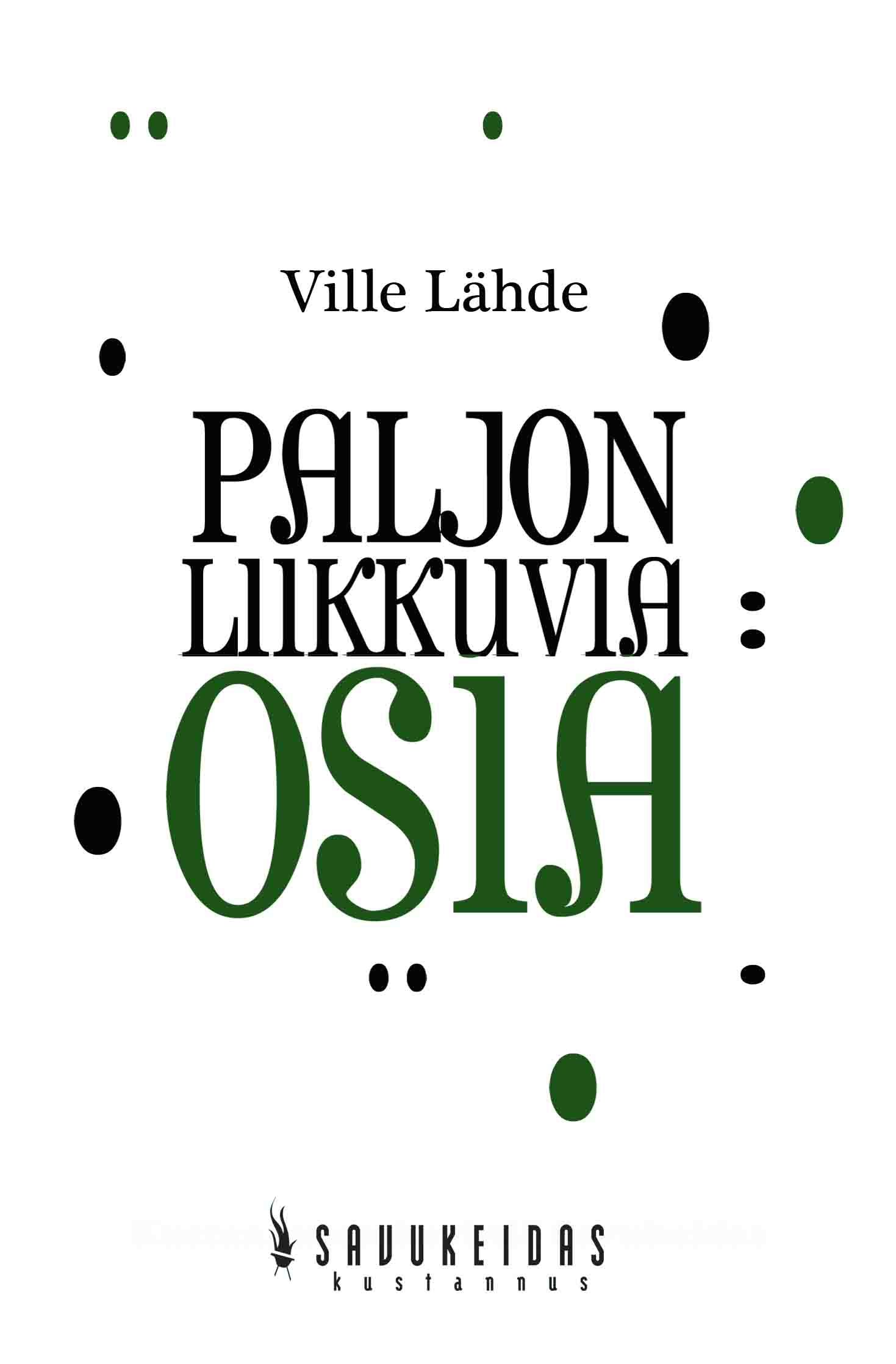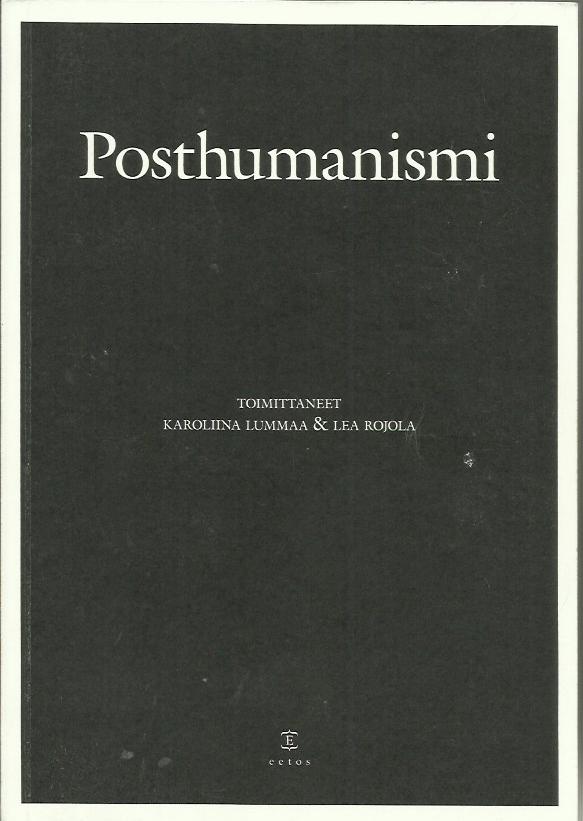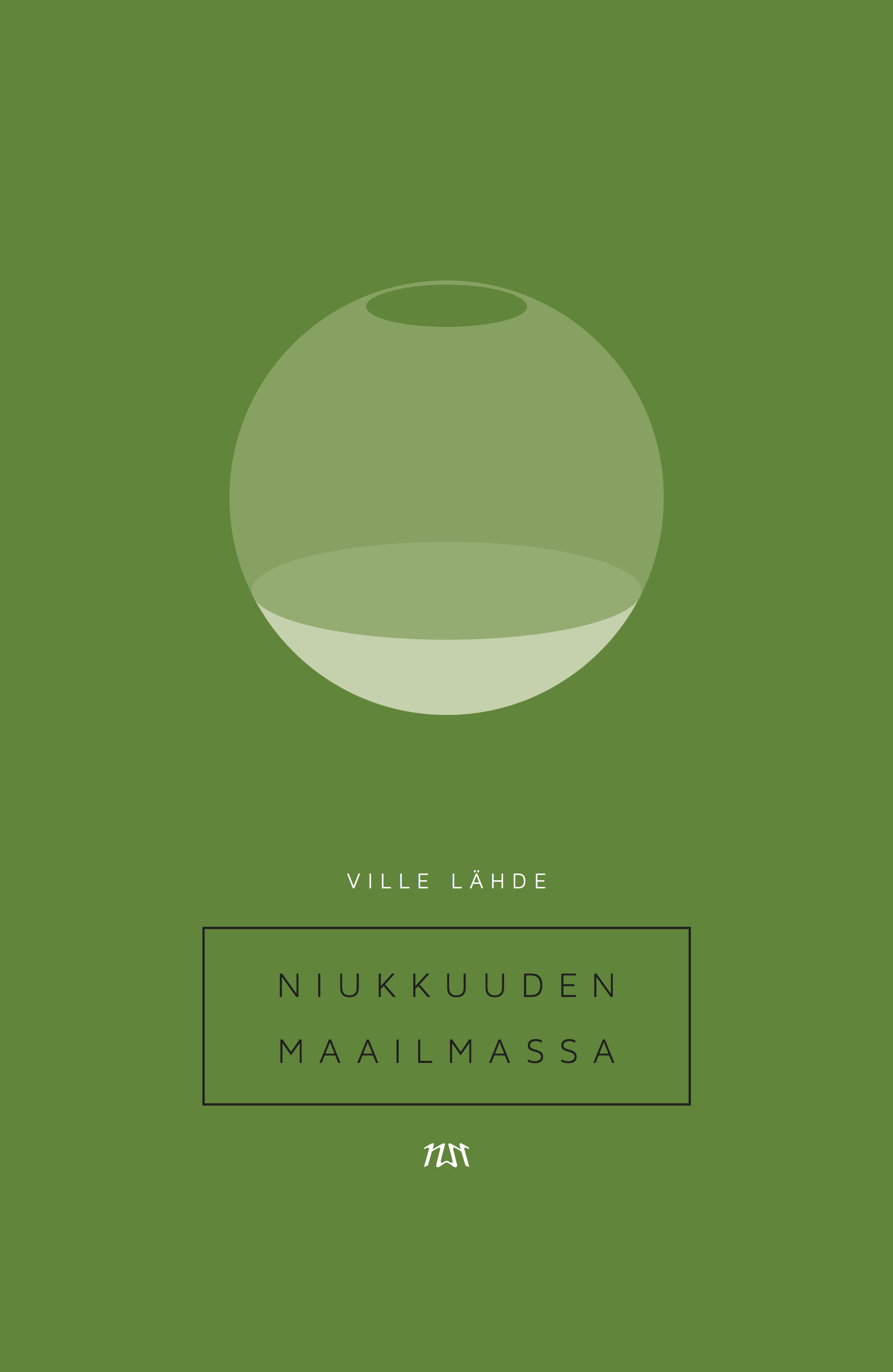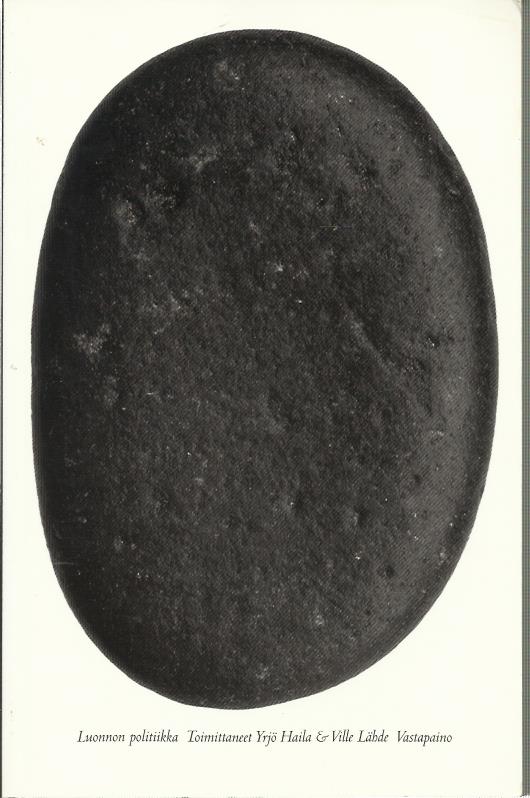
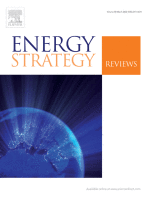
Bottom-up estimation of the scope of tasks to completely phase out fossil fuels in Finland
Energy Strategy Reviews, 50, 2023.
Michaux, S., Vadén, T., Korhonen, J.M. & Jussi T. Eronen
Ecological Reconstruction
Societies must reconstruct their infrastructure and practices of energy, transport, housing and food in order to abandon the overuse of fossil fuels and other natural resources. To read more about our initiative of Ecological Reconstruction in the Finnish context, please visit eco.bios.fi.
WE RECOMMEND
Initiatives on Ecological Transition
Johan Wahlsten, working last summer at BIOS, wrote an interesting paper comparing Green New Deal type intitiatives from the perspective of political economy. The paper was published in the new Helsinki Global Political Economy working paper series.
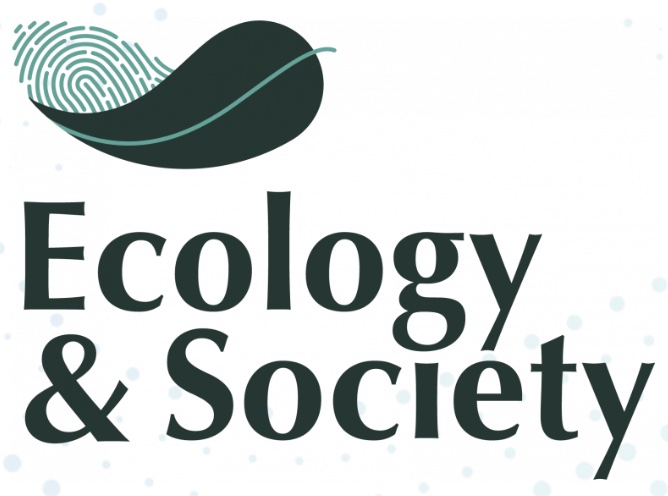
The crises inherent in the success of the global food system
Lähde, V., T. Vadén, T. Toivanen, P. Järvensivu, and J. T. Eronen.

A simulation exercise for incorporating long-term path dependencies in urgent decision-making
Paavo Järvensivu, Helmi Räisänen, Janne I. Hukkinen
Info
Info
![]()
Tellervo Ala-Lahti, LLM, doctoral researcher
Jussi Ahokas, MSc, economist, doctoral researcher
Jussi T. Eronen, PhD, docent
Emma Hakala, PhD
Paavo Järvensivu, D.Sc. (Econ.)
Karoliina Lummaa, PhD, docent
Ville Lähde, PhD
Antti Majava, MFA, doctoral candidate
Tero Toivanen, PhD
Tere Vadén, PhD, docent
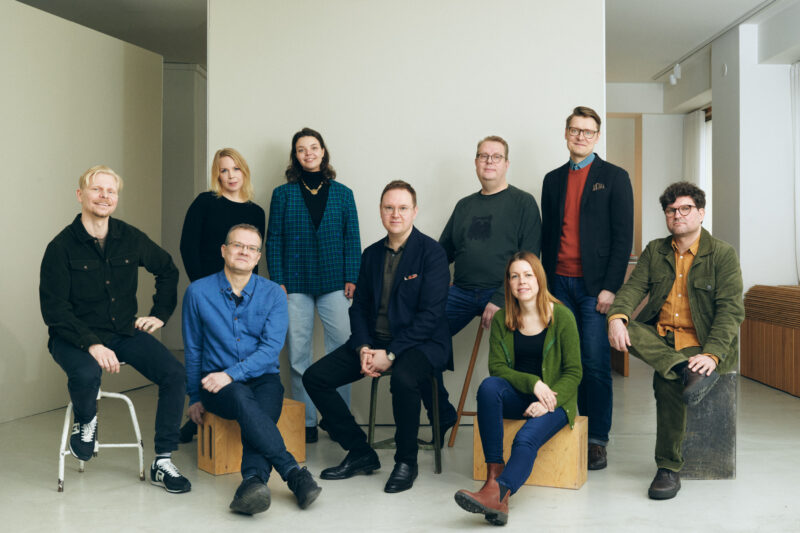
BIOS researchers Tero Toivanen, Karoliina Lummaa, Tere Vadén, Tellervo Ala-Lahti, Paavo Järvensivu, Ville Lähde, Emma Hakala, Jussi Ahokas ja Antti Majava. Missing from the picture is Jussi T. Eronen. Photo by Ilkka Saastamoinen
What is BIOS?
The material underpinnings of societies have become a key issue due to climate change and other environmental problems, as well as due to geopolitical concerns. We need to understand ecosystems and cultures as more and more densely intertwined. The informational and experiential challenges are huge as societies are developing infrastructures and practices for energy and food production, habitation and travel for decades to come.
In addition to citizens and decision makers, scientists have found it difficult to form a general view of the central environmental and resource factors and their cultural, economical and political effects. These questions can only be answered by crossing individual disciplines.
BIOS Research Unit foresees socio-ecological changes that will affect our society deeply, and does it in an interdisciplinary way, around a communal table. In addition to research, we reserve a lot of time for making information understandable and accessible. BIOS carries forward research-based knowledge about socio-ecological development paths beyond quarter years and electoral terms.
BIOS was established in 2015. Since its inception, BIOS has been funded by the Kone Foundation. We have also received project-specific funding from a variety of sources. From 2018 to 2023, BIOS was part of the WISE research consortium funded by the Strategic Research Council.
Our researchers have for years created tools for interdisciplinary and artistic collaboration, and have conveyed environmental information for the use of various sectors of society. In addition to the Finnish academic community, we collaborate with international research units.
Tellervo Ala-Lahti, LLM, doctoral researcher Environmental Law
During the years 2021–23, Tellervo Ala-Lahti served as a researcher in the interdisciplinary CEIWA project (Circular Economy of Waters in Industrial Processes). Currently, Ala-Lahti works on her doctoral dissertation to the University of Helsinki, examining the interplay between European Union environmental legislation and innovation policy. The study focuses particularly on disruptive and eco-friendly technologies, legal innovations, the precautionary principle, and its interrelation with (techno)science in the EU’s most polluting industrial sectors. Delving into regulatory frameworks at the national level, Ala-Lahti examines Finland’s regulatory solutions and judicial practices.
Jussi Ahokas, MSc, economist, doctoral researcher Political Economy
Jussi Ahokas is an economist and political economy researcher. He started working at BIOS in 2022 after being the chief economist of SOSTE Finnish Federation for Social Affairs and Health for seven years. Ahokas (MSc, economics) is doing a PhD in the University of Eastern Finland. Previously (2009-2014), he has worked as a researcher in the Government Institute for Economic research. His research subjects include the structural change of the economy of Finland and Finnish economic policy.
Jussi T. Eronen, PhD, docent Ecosystem and Climate Research
Jussi T. Eronen concentrates on the study of ecosystems and the climate. He has studied the past, the present and the future conditions of land ecosystems and climate evolution. Eronen keeps the research unit updated on the latest research in the natural sciences. Starting in June 2018, he works as an Associate Professor of Sustainability Science at the Helsinki Institute of Sustainability Science (HELSUS), University of Helsinki, and participates in the research unit’s activities on a case-by-case basis.
Emma Hakala, PhD Environmental Security
In her PhD dissertation, Emma Hakala examined the concept of environmental security and the role of international organizations in its promotion in the case of post-conflict Western Balkans. Her research utilizes the securitization framework to consider how environment and climate change have entered into the security discourse and what kinds of consequences this has had. Hakala has previously worked in the field of environmental cooperation for example at the UN. She is a Research Fellow at the Finnish Institute of International Affairs.
Paavo Järvensivu, D.Sc. (Econ.) Economy, Environment and Culture
In his doctoral thesis Paavo Järvensivu studied organisational culture and corporate strategy; afterwards, he has broadened the scope to the relationships between the economy, environment and culture. He has developed collaborative forms between art and science in the Mustarinda Association, and has also written a book which merges political economy, ecology and cultural research, called Rajattomasti rahaa niukkuudessa (Like) [Abundant Money in Scarcity]. In the research unit he has studied the political economy of “ecological reconstruction” or sustainability transformation, with a recent focus on active industrial policy and science-driven planning.
Karoliina Lummaa, PhD, docent Environmental Humanities and Literary Studies
Karoliina Lummaa specialises in ecological studies from a humanities point of view; she has developed methods of multidisciplinary environmental studies in her co-edited books Monitieteinen ympäristötutkimus (Gaudeamus) [Multidisciplinary Environmental Studies] and Posthumanismi (Eetos) [Posthumanism]. With the help of these methods the research unit studies how media, art and popular culture represent and shape our understandings of nature.
Ville Lähde, PhD Environmental Philosophy and Politics
Ville Lähde is a researcher in environmental philosophy and politics, and has co-written several books for those fields. He has worked as an editor of the niin & näin magazine since the beginning of the new millennium (chief editor 2011–2012). In his books, Niukkuuden maailmassa (niin & näin) [In a world of scarcity] and Paljon liikkuvia osia (Savukeidas) [Many moving parts] he has created intellectual tools for observation of complex phenomena connected to environment and politics. In the research unit he has popularised and synthesised research on natural and social sciences.
Antti Majava, MFA, doctoral candidate Fine Arts, Interdisciplinary Environmental Sciences
In his work, Antti Majava has brought together experts and viewpoints stemming from science, arts, and other fields. He is the founding member of the Mustarinda Association, and through it has created a platform for experimentation in artistic and everyday practices which take into account the material underpinnings of society. In his doctoral thesis, which employs socio-ecological methods, he studies the effects of nature, society and science on the development of artistic phenomena, and correspondingly, the role of art in socio-ecological and scientific breakthroughs. In the research unit his role has been to look at forests and bioeconomy, and to develop ways of collaboration with representatives of the media and art worlds. His texts have been published both in scientific and popular journals; alongside writing, he continues his visual artistic work.
Tero Toivanen, PhD Political Economy and Economic History
Tero Toivanen has studied political economy and economic history; he has also developed social scientific methods for analysing and describing materialities. In addition to research, he has been working in the field of education for a considerable time, for instance as a didactitian of history and an expert in education. In the research unit he has connected current environmental phenomena to historical developments in economics and politics.
Tere Vadén, PhD, docent Energy and Philosophy
As a philosopher, Tere Vadén has looked at the material and intellectual underpinnings of politics and culture, in particular the experiential dimensions of energy. In addition, he has immersed himself in the potential developmental paths of the digital world.
Projects
Projects
Our ongoing core task is to synthesise the latest research on global environmental and resource pressures and anticipate their impacts on Finnish society.
We call for an ecological transformation of Finnish society, not only from the perspective of climate change mitigation but also from the perspective of other environmental issues. We emphasise the fairness of the transformation and the need for a holistic national vision of ecological reconstruction. At the same time, we develop tools for the strategic governance of slow and rapid crises, as ecological reconstruction will need to be pursued in an era of polycrisis.
This work produces scientific articles, public reports, research-based initiatives and applied knowledge for private and public organisations. We also continuously seek to open up fundamental phenomena and concepts to the general public through blog posts, podcasts, lectures, etc. Our researchers are in active contact with civil servants, politicians, industry, journalists, artists and citizen activists.
Below you can find ongoing research projects and a selection of past projects.
Innovation and industrial policy for ecological reconstruction
In 2019, we published the initiative of Ecological Reconstruction (in Finnish and English), which provides a research-based framework for the challenge Finland will face in the next 15-30 years to radically reduce its climate emissions and curb its consumption of natural resources, while safeguarding opportunities for a good life.
The following year, we published a Transition Policy Dashboard (in Finnish and English). It brought together five indicators that government leaders, journalists and citizens could use to monitor and anticipate progress on ecological reconstruction. The dashboard was part of the Helsinki Biennial.
Since then, we have studied the rapid international evolution of innovation and industrial policy. Innovation and industrial policy creates the conditions for steering the economy according to ecological boundaries and other societal objectives such as comprehensive security. Innovation and industrial policy must be based on a multidisciplinary and open knowledge base, which we believe is best built through science-driven planning (see separate section).
A selection of projects linked to this theme:
- Commissioned by the Finnish Innovation Fund Sitra, we produced a report on seven recent initiatives for a fair and sustainable economy: the Donut Economy, the Eco-Welfare State, Ecological Reconstruction, the European Green Deal, the Green New Deal for Europe, Wellbeing Economy and the Mission Economy. We described how the initiatives have been received in Finland and how they move the economic debate forward.
- We contributed to the PMO studies on the feasibility of mission-driven innovation policy in Finland (FIMO) and on the changing role of the state (ECONCHANGE).
- We participated in the industrial policy panel discussion at the Beyond Growth conference at the European Parliament in Brussels. Our researchers have also been involved in several working groups on the implementation of national industrial policies.
Science-driven planning
The industrial sustainability transition and the broader sustainability transformation require a new kind of knowledge production and continuous multilateral updating of the situational awareness. Knowledge production must be cross-cutting and able to take into account the links between industrial renewal and climate and environmental objectives, international competitiveness and cooperation, security and the potential for a good human life. We call such knowledge production science-driven planning. Above all, being science-driven implies that planning must rise above the interests of individual stakeholders. The role of science-driven planning is to produce the best possible forward-looking knowledge to support democratic decision-making and, in business, cross-sectoral strategy work.
BIOS has proposed the creation of a dedicated planning unit as part of the national research, innovation and industrial policy system. The knowledge base it would provide would not only allow well-informed decisions to be taken, but would also enable a high quality public and scientific debate. Assessments of policy ideas and decisions, and of the direction the economy and society are taking, should be grounded in a multidisciplinary scientific understanding.
We presented the idea of science-driven planning in a concise way in a BIOS concept paper (in Finnish) and more broadly in a scientific article entitled “Science-driven planning for the industrial sustainability transition” (article in Finnish). In November-December 2023, we piloted science-driven planning at the Ateneum Art Museum, where we invited Finland’s top experts for two days to create a state-of-the-art situational awareness of industrial renewal in Finland.
Basic questions of societal metabolism
In examining the environmental and natural resource problems of societies and charting a path to a more sustainable future, the complexity of environmental issues needs to be understood. For example, a focus on climate alone can lead to problematic conclusions in relation to biodiversity. A broader vision is needed, but this cannot be achieved by any single unambiguous indicator. In the BIOS work, a holistic view has been developed from the perspective of socio-ecological metabolism. By looking at the material and energy flows on which societies depend, and the pollution and waste flows they generate, we get to the root of the complexity of the problems. BIOS has promoted this perspective in the Finnish environmental debate and presented it to a wider audience. In the research literature, our key contribution has been on the issue of ‘decoupling‘.
The use of natural resources is necessary for all societies, but human needs can be met and wealth created by radically different inputs of materials and energy. Understanding this qualitative dimension is essential in the ecological transformation: it is not just about reduction, but also about doing things differently. A good life for all must be pursued within ecological limits. By tackling the issue of transforming the systems of provision, it is possible to combine a reduction in the consumption of natural resources and the pressure on nature with the safeguarding of well-being.
Future paths for production and consumption systems
In the sustainability transformation, every sector of society, every production and consumption system, is facing change. BIOS researchers have examined these changes in Finnish society, particularly in the forest industry and energy systems.
In 2017, BIOS facilitated a research statement on the then government’s bioeconomy and forest use plans, and work in this area has continued throughout the years. We have called for a more sustainable prioritising of forest use and actively participated in the critical debate on forest sinks accounting and how to achieve Finland’s climate targets. We have also addressed the issue in research articles both domestically and internationally. Alongside this, our researchers have examined Finland’s role in the international forest debate. The 12-part Forest Podcast (in Finnish), which ran from 2021-2022, brought together an exceptionally wide range of experts on the topic to discuss a more sustainable future for forest management and the forest industry.
Alongside and often linked to the forest issue, BIOS has also addressed the future of Finnish energy production. In 2018-2019, we actively participated in the public and research debate on the future of district heating in Helsinki. In 2022, BIOS researchers contributed to a report with the Geological Survey of Finland on the material requirements for decarbonisation in Finland. This led to the development of a publicly available national energy calculator. A research article was also published on the subject. BIOS was also actively involved in the societal debate on energy transition in the wake of Russia’s war of aggression in 2021.
For many other systems, such as transport and cities, we have relied on the best expertise in these areas rather than actively working on them ourselves.
Law and justice in the sustainability transformation
Tellervo Ala-Lahti, who joined BIOS in August 2023, has brought legal expertise to the research unit. Ecological reconstruction is constantly confronted with different legal issues, which need to be anticipated as part of economic and societal governance. The first blog post (in Finnish) on this topic dealt with the industrial policy dimensions of environmental licensing.
Global food systems
Research on hunger, food insecurity and justice issues in food systems has been a long-standing strand of BIOS work. Published scientific articles have addressed the problems of hunger (in Finnish) and international food crises. Alongside this, a large number of writings aimed at the general public have been published over the years, tackling current food systems issues, such as the debate on self-sufficiency in the context of crises triggered by the COVID-19 pandemic or the Russian war of aggression. BIOS has collaborated with a number of food systems research projects and organisations and has been part of the Fingo food security group.
Cultural change
Ecological reconstruction requires and causes cultural change – shifts in shared meanings, values, customs and practices. We examine cultural change as a component of the sustainability transformation through the methods of humanistic environmental studies, critical social theory and sustainability science. We think that cultural phenomena are systemically linked not only to psychological, spiritual, social and political factors, but also to societal metabolism, environmental change and non-human beings.
Cultural change is a broad issue that we explore and contribute to in the fields of art, journalism, teaching and education. In addition to our artistic research into human relationships with nature and environmental issues, we have collaborated with the Heureka Science Centre, the Helsinki Biennale, the Ateneum Art Museum and many curators and artists (e.g. Agenda – Art 2030). We have addressed issues of environmental and economic journalism in numerous journalists’ meetings and in cooperation with the project “During Good Weather” led by Hanna Nikkanen. In the field of education and training, BIOS has produced content for, among others, the training programme on ecological reconstruction for headmasters developed by the Children and Youth Foundation’s School of the Future. We have also played our part in promoting networking between experts working on education, training and cultural issues.
We also examine cultural change from a more critical perspective, for example by exploring the use of the concept of culture in different contexts. The more progress that has been made towards the sustainability transformation, the clearer it has become that the required actions also raise a wide range of social, cultural, political and economic resistance. One of the strands of the BIOS work has been to explore and highlight such forms of public resistance, obfuscation, delay and obstruction to climate policy and the sustainability transformation. Identifying these forms is particularly important in a context where societal change should be rapid and at the same time equitable, but also because increasingly, discourses casting doubt on sustainability policies are also being harnessed to support ideologies that are authoritarian or put human groups in confrontation with each other. In this area, BIOS aims to develop and research the climate and sustainability expertise that best promotes a just sustainability transformation. The work will result in both research articles on discourses and actions that hinder the sustainability transition and contributions on the future of expert advocacy.
Environment as part of comprehensive security
Since its inception, BIOS has been mapping the security sector’s expertise on global environmental risks. Together with various partners, we develop tools for comprehensive risk analysis and management. One of BIOS’s initial impulses was the Finnish Innovation Fund Sitra’s Forum for New Security, which brought together experts in security, science and many other fields.
2018-2023 we developed creative societal adaptation to socio-environmental disruptions in the Strategic Research-funded WISE consortium
From 2018 to 2023, BIOS was part of the Strategic Research Council (STN)-funded WISE consortium (Creative Adaptation to Wicked Socio-Environmental Disruptions). The consortium’s work packages were led by Janne I. Hukkinen (University of Helsinki, consortium leader), Turo-Kimmo Lehtonen (University of Tampere, consortium deputy leader), Sakari Kuikka (University of Helsinki), Peter Lund (Aalto University), Markku Wilenius (University of Turku) and Paavo Järvensivu (BIOS Research Unit, consortium interaction manager).
WISE aimed to improve (1) decision-making on wicked socio-environmental disruptions and (2) Finland’s resilience and adaptation to disruption. WISE developed and tested a new integrated policy mechanism, the Policy Operations Room (POR), in particular at the level of city leadership. The Policy Operations Room is a decision-making platform for strategic crisis management that brings together decision-makers and experts to cross domain boundaries, identify alternative futures, test different problem frames and solution models, and lower participants’ personal defence mechanisms. When used repeatedly, platforms such as the Policy Operations Room maintain and update strategic situational awareness among different actors.
Under the lead of BIOS, WISE also developed a web-based collaboration platform for decision-makers and experts in Finnish municipalities. “Tulevaisuuden tilannehuone” (Situation Room of the Future) is a workshop-style exercise in which participants go beyond their usual tasks and build an overall picture of the future of their municipality, combining environmental and economic factors among others. The exercise continues to be free of charge and freely available to municipalities (available only in Finnish).
In our pilot project in 2015-2017, we developed journalism on environmental and resource issues with the Finnish Broadcasting Company (Yle)
The collaboration with Yle to develop a new kind of environmental journalism was BIOS’s pilot project. It received funding from the Kone Foundation’s “Is Finland Becoming Polarized?” call, which supported cooperation between researchers and journalists. In the first phase, starting in autumn 2015, we met regularly with the journalist team, produced extensive background reports on topics such as population growth, food production, water crises and the economy, and organised a training day for journalists. This background work led to journalistic stories on topics such as environmental refugees, soil carbon stocks and forest carbon sinks.
The most important output of the collaborative project was the multimedia platform “Mission: The Future”, which was published in autumn 2017. The collection of discussions, audio clips, interviews and news stories on the future of Finnish society was produced in cooperation between BIOS and Yle’s news and social affairs and drama departments. All the content produced during the project is no longer available, but the podcast series Tulevaisuus hanskassa (in Finnish), hosted by Jari Hanska, can still be listened to and watched. The project ended at the end of 2017.
Publications
Publications
Publications by BIOS researchers. If you can’t access a publication, please contact us: contact@bios.fi
All
Article
Book
Report
Other

Bottom-up estimation of the scope of tasks to completely phase out fossil fuels in Finland
Energy Strategy Reviews, 50, 2023.
Michaux, S., Vadén, T., Korhonen, J.M. & Jussi T. Eronen
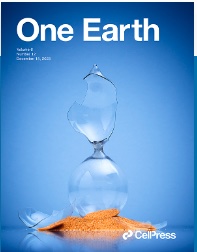
Policy documents considering biodiversity, land use, and climate in the European Arctic reveal visible, hidden, and imagined nexus approaches
Sirpa Rasmus, Johanna Yletyinen, Simo Sarkki, Mia Landauer, Maria Tuomi, Marit K. Arneberg, Jarle W. Bjerke, Dorothee Ehrich, J. Otto Habeck, Tim Horstkotte, Sonja Kivinen, Teresa Komu, Timo Kumpula, Leena Leppänen, Heidrun Matthes, Christian Rixen, Sari Stark, Ningning Sun, Hans Tømmervik, Bruce C. Forbes, Jussi T. Eronen
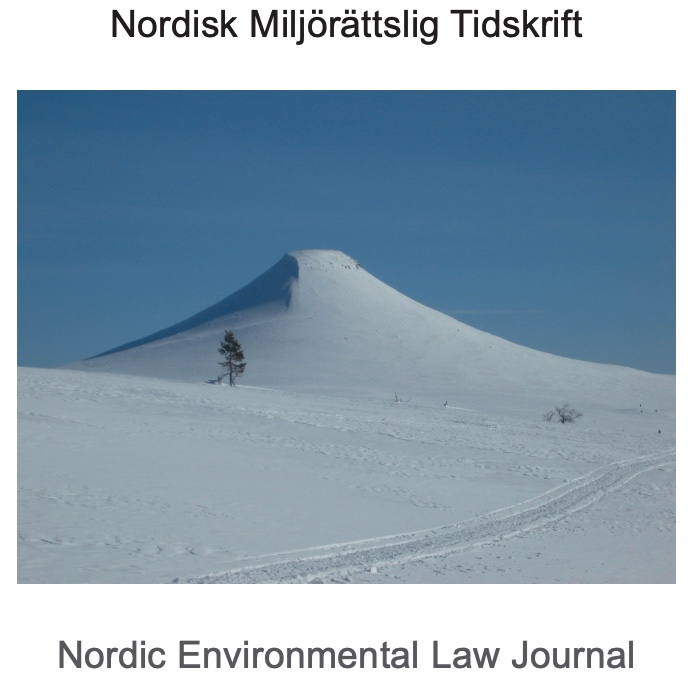
Navigating the Unknown: Novel Technologies in Finnish Environmental Adjudication
Nordic Environmental Law Journal 2/2024
Tellervo Ala-Lahti
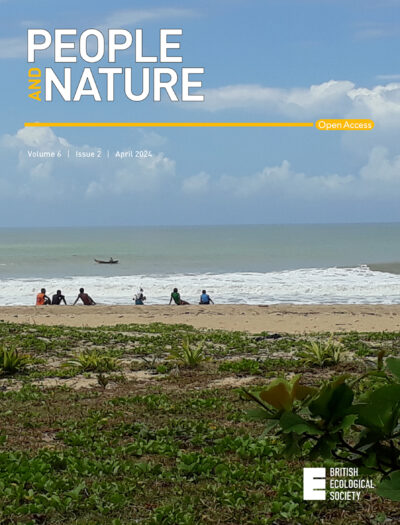
Do you have a tree friend?—Human–tree relationships in Finland
People and Nature, 6(2), 2024
Kaisa Vainio, Aino Korrensalo, Tuomo Takala, Aleksi Räsänen, Karoliina Lummaa, Eeva-Stiina Tuittila
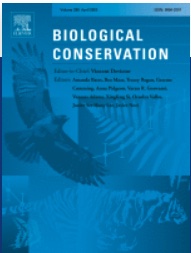
“Rights for Life” scenario to reach biodiversity targets and social equity for indigenous peoples and local communities
Biological Conservation, 280, 2023
Simo Sarkki, Mia Pihlajamäki, Sirpa Rasmus, Jussi T. Eronen
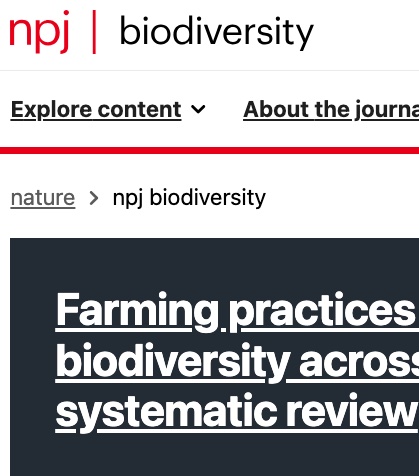
Understanding and applying biological resilience, from genes to ecosystems
npj biodivers 2, 16 (2023)
Rose Thorogood, Ville Mustonen, Alexandre Aleixo, Pedro J. Aphalo, Fred O. Asiegbu, Mar Cabeza, Johannes Cairns, Ulrika Candolin, Pedro Cardoso, Jussi T. Eronen, Maria Hällfors, Iiris Hovatta, Aino Juslén, Andriy Kovalchuk, Jonna Kulmuni, Liisa Kuula, Raisa Mäkipää, Otso Ovaskainen, Anu-Katriina Pesonen, Craig R. Primmer, Marjo Saastamoinen, Alan H. Schulman, Leif Schulman, Giovanni Strona & Jarno Vanhatalo
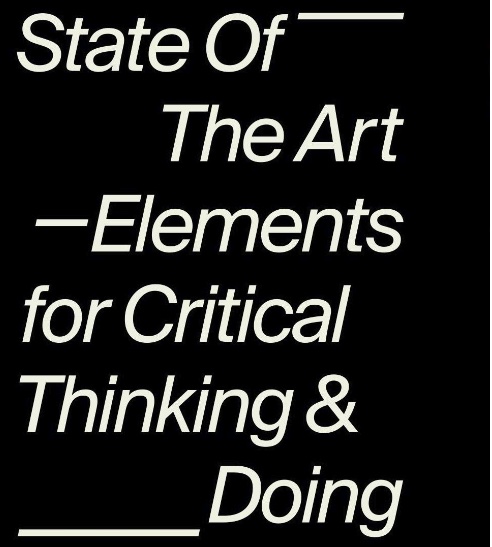
Plan to Transform
State Of The Art – Elements for Critical Thinking and Doing. Edited by Erich Berger, Mari Keski-Korsu, Marietta Radomska and Line Thastum. Bioart Society, 2023.
Paavo Järvensivu
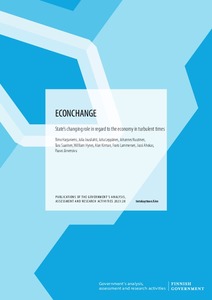
Econchange : State’s changing role in regard to the economy in turbulent times
Publications of the Government’s analysis, assessment and research activities 2023:28
Harjuniemi, Timo; Jousilahti, Julia; Nuutinen, Johannes; Hynes, William; Lammersen, Frans; Kirman, Alan; Saarinen, Taru; Leppänen, Juha; Ahokas, Jussi; Järvensivu, Paavo

Do you have a tree friend?—Human–tree relationships in Finland
People and Nature, 6(2), 2024
Kaisa Vainio, Aino Korrensalo, Tuomo Takala, Aleksi Räsänen, Karoliina Lummaa, Eeva-Stiina Tuittila

The crises inherent in the success of the global food system
Lähde, V., T. Vadén, T. Toivanen, P. Järvensivu, and J. T. Eronen.
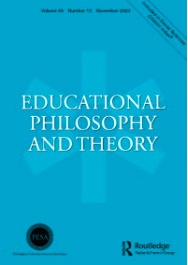
From the Archimedean point to circles in the sand—Post-sustainable curriculum and the critical subject
Educational Philosophy and Theory. 28. Oct 2023
Pasi Takkinen, Jani Pulkki & Tere Vadén
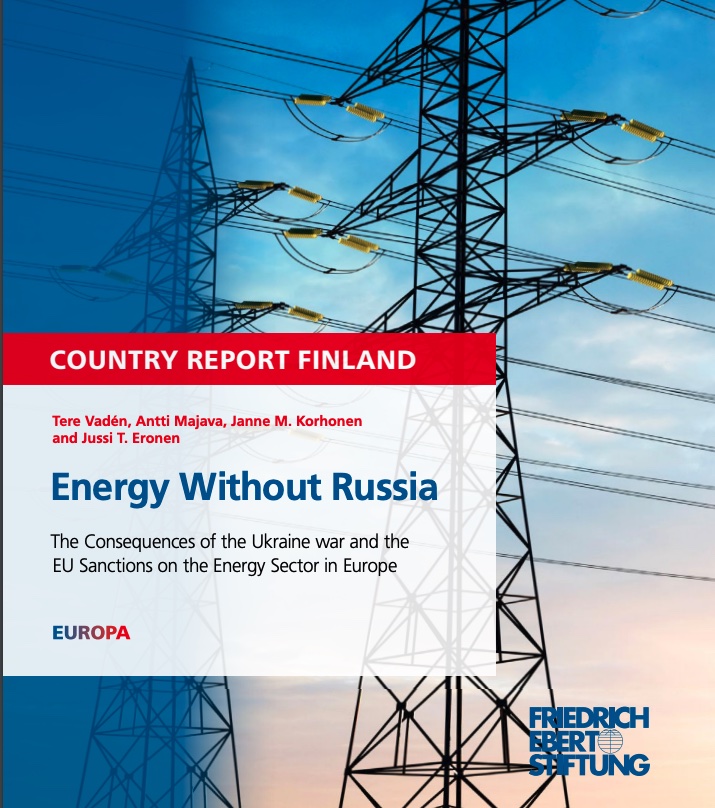
Energy Without Russia. The Case of Finland.
Friedrich Ebert Stiftung, 2023
Tere Vadén, Antti Majava, Janne M. Korhonen, Jussi T. Eronen
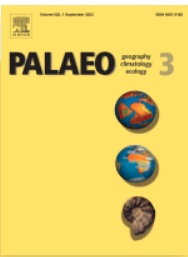
A combined palaeomodelling approach reveals the role as selective refugia of the Mediterranean peninsulas
Palaeogeography, Palaeoclimatology, Palaeoecology, 625, 1 September 2023.
Loredana Macaluso, Adele Bertini, Giorgio Carnevale, Jussi T. Eronen, Edoardo Martinetto, Juha Saarinen, Andrea Villa, Flavia Capasso, Massimo Delfino
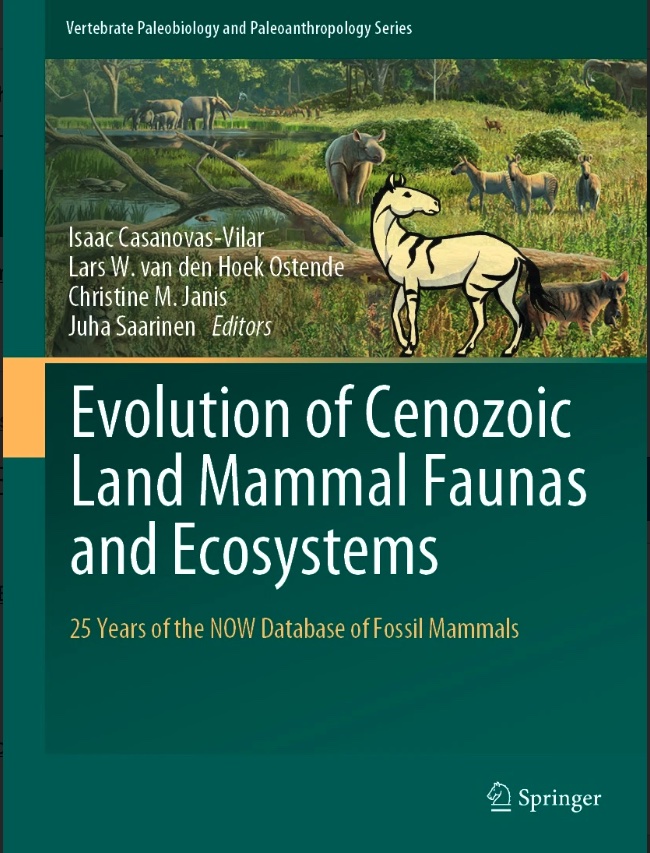
The Origin and Early History of NOW as It Happened
Evolution of Cenozoic Land Mammal Faunas and Ecosystems
Mikael Fortelius, Jordi Agustí, Raymond L. Bernor, Hans de Bruijn, Jan A. van Dam, John Damuth, Jussi T. Eronen, Gudrun Evans, Lars W. van den Hoek Ostende, Christine M. Janis, Jukka Jernvall, Anu Kaakinen, Wighart von Koenigswald, Kari Lintulaakso, Liping Liu, Majid Mirzaie Ataabadi, Hans-Walter Mittmann, Diana Pushkina, Juha Saarinen, Sevket Sen, Susanna Sova, Laura K. Säilä, Alexey Tesakov, Jouni Vepsäläinen, Suvi Viranta, Innessa Vislobokova, Lars Werdelin, Zhaoqun Zhang & Indrė Žliobaitė

The NOW Database of Fossil Mammals
Evolution of Cenozoic Land Mammal Faunas and Ecosystems
Indrė Žliobaitė, Mikael Fortelius, Raymond L. Bernor, Lars W. van den Hoek Ostende, Christine M. Janis, Kari Lintulaakso, Laura K. Säilä, Lars Werdelin, Isaac Casanovas-Vilar, Darin A. Croft, Lawrence J. Flynn, Samantha S. B. Hopkins, Anu Kaakinen, László Kordos, Dimitris S. Kostopoulos, Luca Pandolfi, John Rowan, Alexey Tesakov, Innessa Vislobokova, Zhaoqun Zhang, Manuela Aiglstorfer, David M. Alba, Michelle Arnal, Pierre-Olivier Antoine, Miriam Belmaker, Melike Bilgin, Jean-Renaud Boisserie, Matthew R. Borths, Siobhán B. Cooke, Jan A. van Dam, Eric Delson, Jussi T. Eronen, David Fox, Anthony R. Friscia, Marc Furió, Ioannis X. Giaourtsakis, Luke Holbrook, John Hunter, Sergi López-Torres, Joshua Ludtke, Raef Minwer-Barakat, Jan van der Made, Bastien Mennecart, Diana Pushkina, Lorenzo Rook, Juha Saarinen, Joshua X. Samuels, William Sanders, Mary T. Silcox & Jouni Vepsäläinen

Environmental Change and Body Size Evolution in Neogene Large Mammals
Evolution of Cenozoic Land Mammal Faunas and Ecosystems
Shan Huang, Alison Eyres, Susanne A. Fritz, Jussi T. Eronen & Juha Saarinen
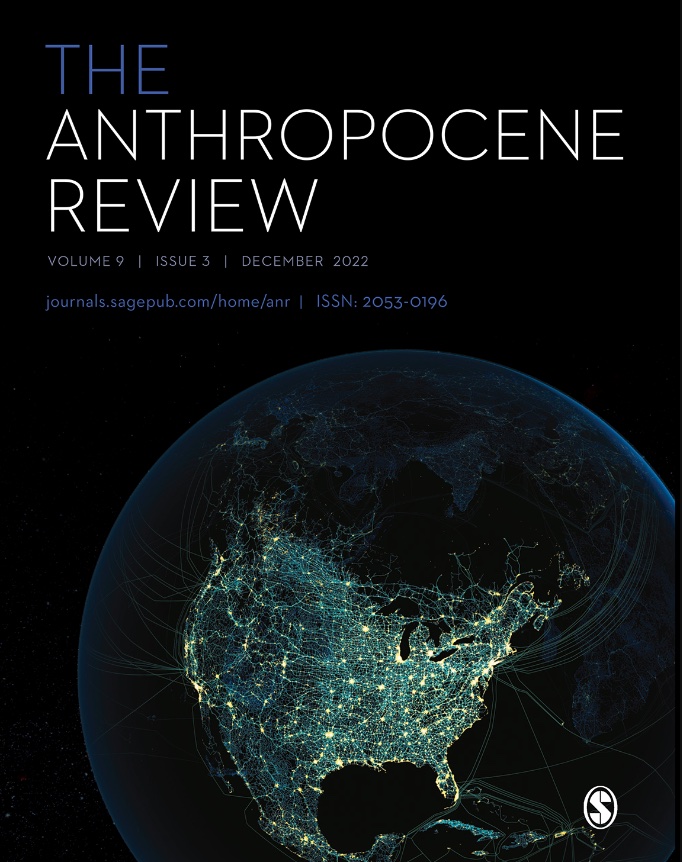
Rules of thumb, from Holocene to Anthropocene
The Anthropocene Review, January 19., 2023
Roope O. Kaaronen, Mikael A. Manninen & Jussi T. Eronen
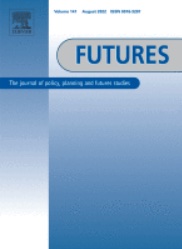
A socio-technical lens on security in sustainability transitions: Future expectations for positive and negative security
Paula Kivimaa, Marie Claire Brisbois, Dhanasree Jayaram, Emma Hakala, Marco Siddi

Coping with policy errors in an era of chronic socio-environmental crises
Ecological Economics. Volume 199, September 2022, 107489
Janne I. Hukkinen, Jussi T. Eronen, Nina Janasik, Paavo Järvensivu, Roope O. Kaaronen

Assessment of the scope of tasks to completely phase out fossil fuels in Finland
Geological Survey of Finland. KTR Circular Economy Solutions. Report No. 18/2022
Simon P. Michaux, Tere Vadén, Jussi T. Eronen, Janne M. Korhonen

What Does Fossil Energy Tell Us About Technology?
Sustainability Beyond Technology. Philosophy, Critique, and Implications for Human Organization.
Eds. P. Heikkurinen and T. Ruuska. Oxford University Press 2021.
Tere Vadén

A Player Bigger Than Its Size
Tero Toivanen

A simulation exercise for incorporating long-term path dependencies in urgent decision-making
Paavo Järvensivu, Helmi Räisänen, Janne I. Hukkinen

Sectoral low-carbon roadmaps and the role of forest biomass in Finland’s carbon neutrality 2035 target
Energy Strategy Reviews, Volume 41, May 2022
Antti Majava, Tere Vadén, Tero Toivanen, Paavo Järvensivu, Ville Lähde, Jussi T.Eronen
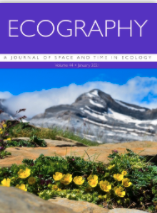
Body mass-related changes in mammal community assembly patterns during the late Quaternary of North America
Pineda-Munoz, S., Jukar, A.M., Toth, A. B., Fraser, D., Du, A., Barr, W.A., Amatangelo, K.L., Balk, M.A., Behrensmeyer, A.K., Blois, J., Davis, M., Eronen, J.T., Gotelli, N.J., Looy, C.V., Miller, J.H., Shupinski, A.B., Soul, L.C., Villasenor, A., Wing, S., Lyons, S.K.
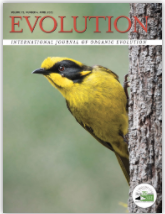
Climatic effects on niche evolution in a passerine bird clade depend on paleoclimate reconstruction method.
Evolution. Early online, March 2021.
Eyres, A., Eronen, J.T., Hagen, O., Boehning-Gaese, K. & Fritz, S. A.
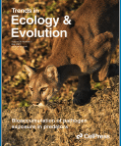
Investigating biotic interactions in deep time
Trends in Ecology & Evolution 36, 61-75
Fraser, D., Soul, L.C., Tóth, A.B., Balk, M.A., Eronen, J.T., Pineda-Munoz, S., Shupinski, A.B, Villaseñor, A., Barr, W.A., Behrensmeyer, A.K., Du, A., Faith, J.T., Gotelli, N.J, Graves, G.R, Jukar, A.M., Looy, C.V., Miller, J.H., Potts, R., Lyons, S.K.

Raising the bar: on the type, size and timeline of a ‘successful’ decoupling
Environmental Politics, online: 24 Jun 2020
T. Vadén, V. Lähde, A. Majava, P . Järvensivu, T. Toivanen & J.T. Eronen

Decoupling for ecological sustainability: A categorisation and review of research literature
Environmental Science & Policy, 112, October 2020; 236-244
T. Vadén, V. Lähde, A. Majava, P. Järvensivu, T. Toivanen, E. Hakala, J.T. Eronen
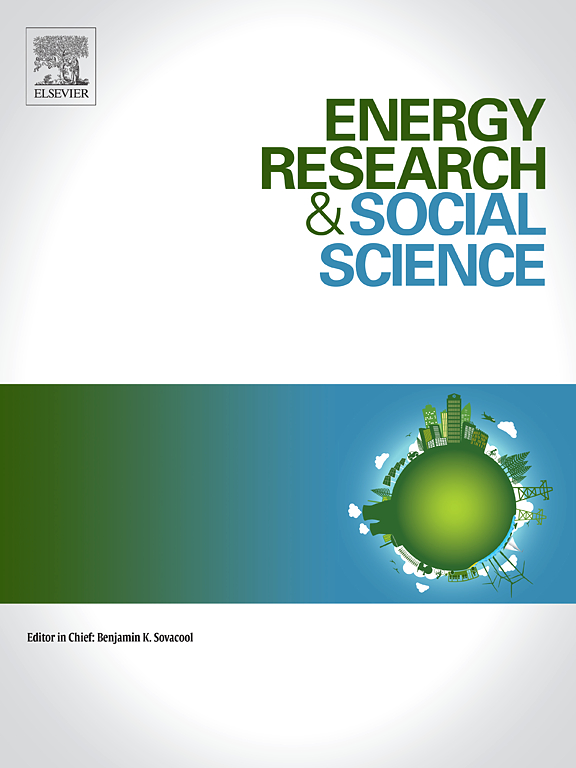
To continue to burn something? Technological, economic and political path dependencies in district heating in Helsinki, Finland
Energy Research & Social Science 58 (2019).
T. Vadén, A. Majava, T. Toivanen, P. Järvensivu, E. Hakala, J.T. Eronen.

Residing in Trouble
Contemporary Artist Residencies. Reclaiming Time and Space. Edited by Taru Elfving, Irmeli Kokko and Pascal Gielen. Antennae-Arts in Society, Valiz, Amsterdam. 2019
Antti Majava

Economic transition governance
2018, background document to UN Global Sustainable Development Report 2019
Paavo Järvensivu, Tero Toivanen et al.

Land mammals form eight functionally and climatically distinct faunas in North America but only one in Europe
Kari Lintulaakso, P. David Polly and Jussi T. Eronen
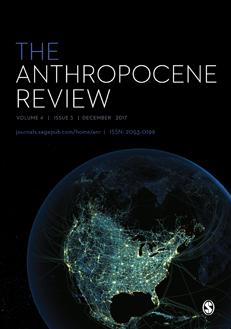
The Many Anthropocenes: A Challenge for the Disciplines
2017, The Anthropocene Review 4, 183-198
Tero Toivanen, Karoliina Lummaa, Antti Majava et al.

A Lot of Talk But Little Action: The Blind Spots of Nordic Environmental Security Policy
Emma Hakala, Ville Lähde, Antti Majava, Tero Toivanen, Tere Vadén, Paavo Järvensivu, Jussi T. Eronen

Feeding ecology and morphology make a bamboo specialist vulnerable to climate change
2017, Current Biology 27, 3384-3389
Jussi T. Eronen et al.

Northern Warning Lights: Ambiguities of Environmental Security in Finland and Sweden
Emma Hakala, Ville Lähde, Antti Majava, Tero Toivanen, Tere Vadén, Paavo Järvensivu, Jussi T. Eronen

A post-fossil fuel transition experiment: Exploring cultural dimensions from a practice-theoretical perspective
2017, Journal of Cleaner Production
Paavo Järvensivu

Productivity, biodiversity, and pathogens influence the global hunter-gatherer population density
2017, Proceedings of the National Academy of Sciences
Tallavaara, M., Eronen, J.T., Luoto, M.

International Organisations and the Securitization of the Environment in post-Conflict Western Balkans
University of Helsinki (Doctoral dissertation), 2018
Emma Hakala
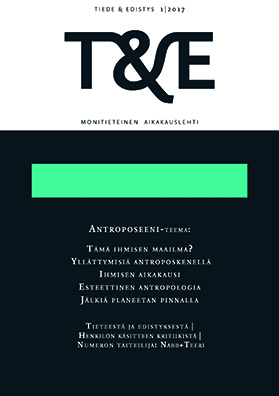
Planetary emergency and critique of the Anthropocene (in Finnish)
2017, Tiede & edistys 1: 42, 6–35
Tero Toivanen, Mikko Pelttari (Eds.)

Whose Anthropocene? (in Finnish)
2016, Kosmopolis, 46, 3, 41–54
Jussi T. Eronen, Karoliina Lummaa, Tero Toivanen et al.

Introducing the Scientific Consensus on Maintaining Humanity’s Life Support Systems in the 21st Century: Information for Policy Makers
2014, The Anthropocene Review 1, 78–109
A.D. Barnosky et al.
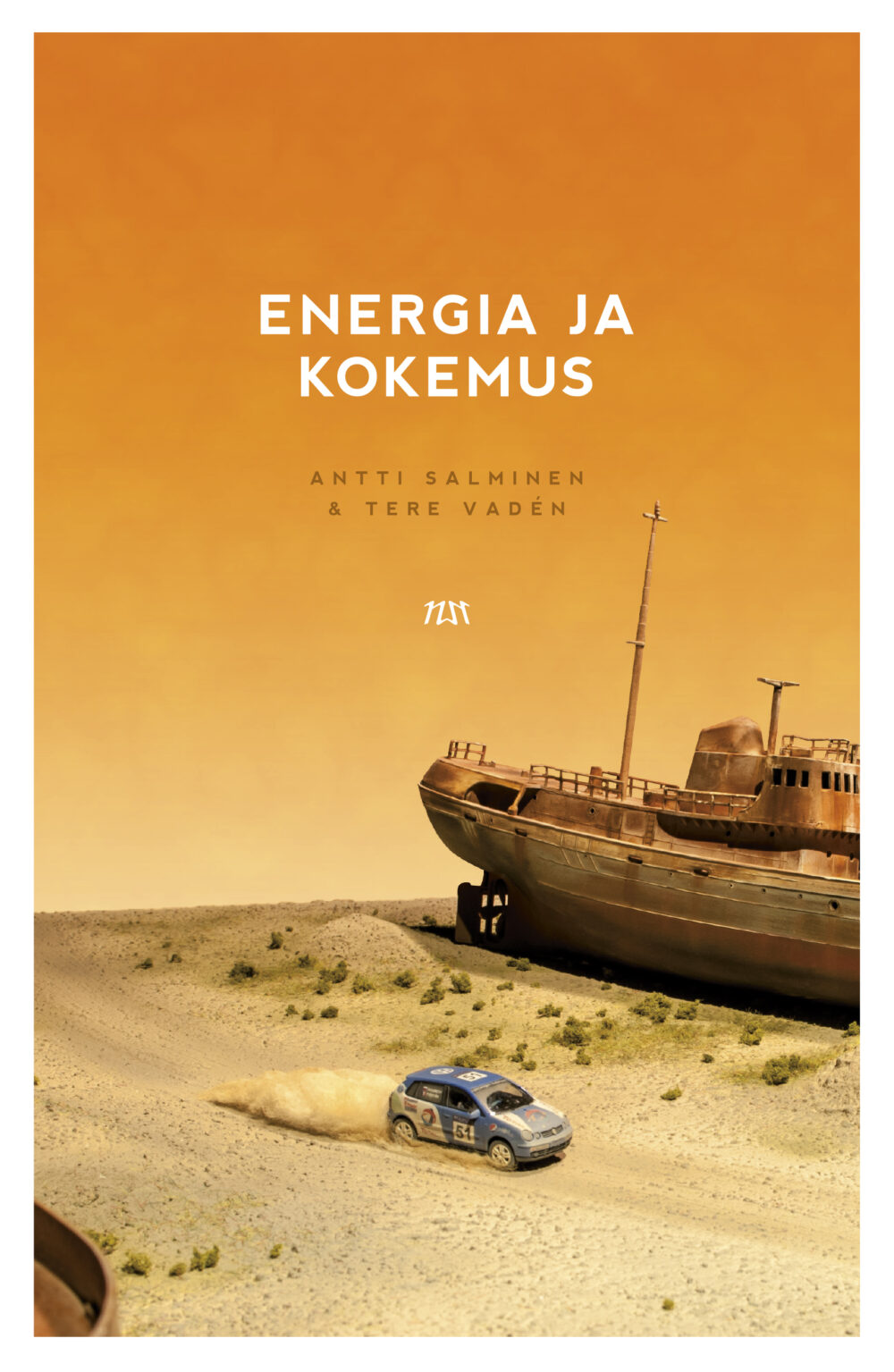
Energy and Experience: An Essay in Nafthology
2015, MCM’ Publishing
Antti Salminen, Tere Vadén

Converge in distribution patterns of Europe’s plants and mammals is due to environmental forcing
2012, Journal of Biogeography 39, 1633–1644
H. Heikinheimo, J.T. Eronen et al.

Multidisciplinary environmental studies (in Finnish)
2012, Gaudeamus
Karoliina Lummaa, Mia Rönkä, Timo Vuorisalo (Eds.)

Ecometrics: The traits that bind the past and present together
2010, Integrative Zoology 5, 88–101
Jussi T. Eronen et al.


